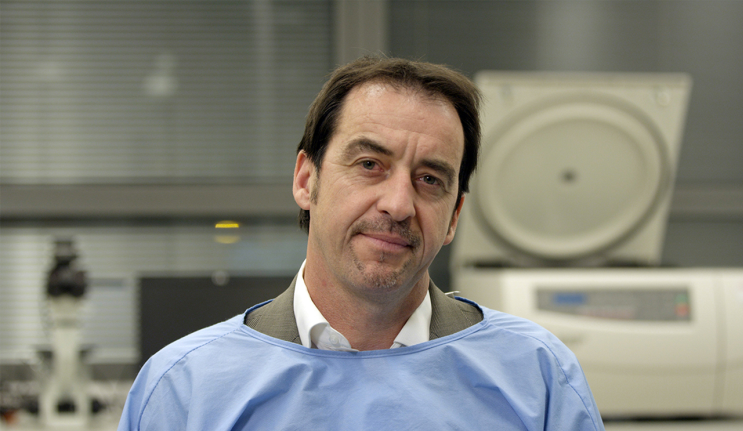
RESEARCH NEWS
Key identifier for suicide risk discovered
An international collaboration between researchers at Macquarie University, the United States and Sweden has identified a molecule in the blood that could hold the key to identifying the cause of suicide.
“We have known for a long time that people who attempt suicide have markers of chronic inflammation in their blood and spinal fluid. Commonly used antidepressants have only limited effect because they target serotonin – the branch of tryptophan associated with happiness – rather than quinolinic acid which is the other branch of tryptophan associated with inflammation,” says Professor of Neuroscience, Gilles Guillemin from the Faculty of Medicine and Health Sciences.
“Our latest research provides further evidence of the role of inflammation in a person’s mental state. It shows that suicidal patients have reduced activity of an enzyme called ACMSD which results in lower production of picolinic acid, an important molecule for brain protection. We now have a much clearer indication of the biological mechanics behind suicidal tendency.
“The next step will be to develop a simple blood test to detect both quinolinic and picolinic acids to determine individuals who are at risk of taking their lives.
“With more than seven suicide attempts every hour in Australia a test like this would be a huge step forward,” says Professor Guillemin.
Great news.
I do hope you include some people with severe disability – both those who seek euthanasia (assisted suicide) and those who don’t, in your research group.
It seems to me that way too many assumptions are made about the “reasonableness” of people with disability who seek to die.
Regands
John